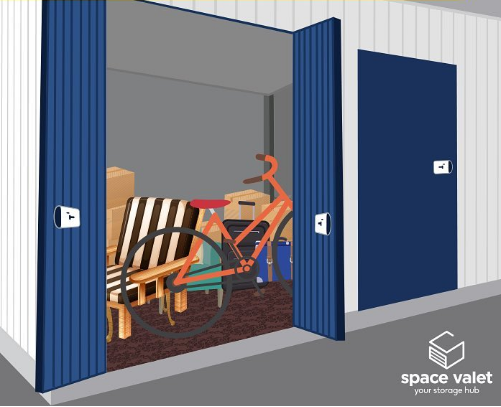Kanika G is a mother and the author of the Tania series of books, a series she started to entertain her daughter. In the Tania series, Kanika writes the experiences of a schoolgirl named Tania and uses simple everyday experiences for the plots that, though completely fictitious, could very well be true. Her daughter is her biggest critic and helps her with constructive criticism. Writing the books has helped mother and daughter bond and spend a lot of time together
One of the hardest things about parenting my two children for me is getting used to the very idea that I am dealing with a child. The idea that, I should not expect my child to behave like an educated, considerate, organised, rational individual. Who am I kidding? Few adults live up to all those expectations. But at least they know that those are the ideals to work up to. The thing is children don’t. Â They have absolutely no idea. So if that is what you are expecting from a child, be prepared to be really frustrated.
A toddler will listen as you patiently explain why they need to do a particular thing in a particular way. They will even nod correctly answering any questions you pose in the course of your explanation to check that they are following you. Now when it is time to ask questions, you say,
“Do you understand why you need to do this?”
You’ll probably get an affirmative reply. But then ask the million dollar question.
“So are you going to go do it now?”
She says, ” No” and walks away!
And that is the cue for me to tear my hair!
It took me so long to get used to the idea that toddlers do not care about logic. That is just how they are. They just don’t have the experience to appreciate your argument. It takes many many attempts of explaining things logically before they slowly start to value what you are saying by developing that backdrop of experience.
Secondly, they are really inconsiderate. Do not expect anything else. Consideration and empathy is something you grow to expect from fellow human beings. Not so with children. They don’t care how badly you need to go to the bathroom or how sleep deprived you are, you have to give them what they need first, no matter how trivial their need. Annoying as that is when they are infants, it is easier to deal with because you can see how helpless they are.
But it does not go away when they are toddlers. At two, they are only just starting to feel empathy and they are not good at it yet. You can explain it to them. They may understand the words and the story but they cant really internalise the concept. They can’t really feel for you because their experiences are so limited. Your pain or problems are not important to them mainly because they have no idea what you are talking about and they find it boring.
Empathy comes slowly as you repeat your stories and expectations over and over again in the context of their experiences. So the biggest hurdle I had with raising my older one was not one she created but my unrealistic expectations from our interactions, followed by my disappointments when the expectations were not met. These expectations were not unrealistic because I wanted her to be a genius or a whiz kid. They just came from not being around kids much and not realizing how different their world view is.
Don’t forget to follow us on Facebook, Twitter & Instagram or subscribe to our Youtube Channel for more information.
Feature Image Source:Â www.liveperson.com





















